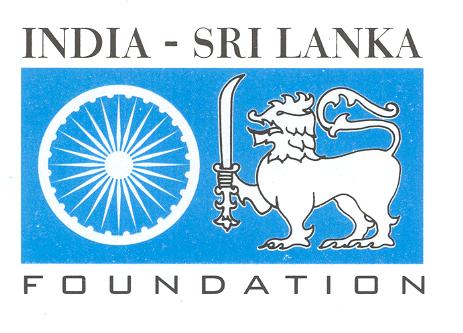By: Staff Writer
September 23, Colombo (LNW): The India–Sri Lanka Foundation (ISLF), a bilateral initiative established in 1998, has once again taken center stage in fostering cross-border collaboration. At its 40th meeting in Colombo, the foundation approved a series of new proposals spanning education, culture, health, environment, agriculture, and capacity building. While these initiatives underscore the enduring partnership between the two nations, they also raise questions about balance, dependency, and long-term impact.
The Pros: Strengthening Ties and Building Capacity
One of the most promising aspects of the newly approved projects is their diversity. Academic collaborations in library science and the performing arts can help nurture talent and strengthen intellectual exchange between Sri Lanka and India. Similarly, cultural workshops and tourism promotion have the potential to revive heritage sectors that are struggling post-crisis, offering soft-power benefits to both countries.
In the health sector, awareness programs on cancer and menstrual health for vulnerable communities, along with training opportunities for Sri Lankan professionals in India, could address critical knowledge gaps. These projects are particularly significant given Sri Lanka’s ongoing healthcare challenges, where resources remain stretched and specialized training is often limited.
The environment-focused initiatives, including mangrove restoration and microbiome engineering research to prevent plant diseases, represent another forward-looking approach. Sri Lanka’s coastal ecosystems and agriculture are both highly vulnerable to climate change, and India’s scientific expertise could contribute valuable support. At the same time, fisheries capacity-building efforts will directly benefit livelihoods in coastal communities, an area vital to both economies.
Women’s empowerment initiatives also deserve recognition. Targeted workshops and support programs for underprivileged communities could help tackle gender inequities and enhance social inclusion, aligning with broader sustainable development goals.
The Cons: Dependency and Soft Power Dynamics
Despite the positive outlook, several concerns warrant scrutiny. First, while the ISLF frames its efforts as joint initiatives, many of the training and capacity-building opportunities are hosted in India, creating a risk of one-sided dependency. Sri Lanka may become increasingly reliant on Indian expertise rather than developing homegrown solutions.
Second, the heavy emphasis on Indian-led initiatives could reinforce perceptions of India’s soft power dominance in the region. Cultural and academic collaborations, while valuable, may risk overshadowing Sri Lanka’s unique identity if not carefully balanced. Critics argue that projects of this nature, though framed as cooperative, often tilt toward India’s geopolitical interests.
Another challenge lies in implementation. With more than 600 projects supported since its inception, questions remain about how effectively these initiatives are monitored and whether they achieve their intended long-term benefits. The risk of overlapping programs without measurable outcomes could dilute the foundation’s impact.
A Balanced Path Forward
The ISLF remains a valuable platform for fostering goodwill and strengthening bilateral relations, particularly at a time when regional cooperation is crucial. However, Sri Lanka must ensure that its participation in such initiatives enhances, rather than undermines, its autonomy and local capacity. A stronger focus on joint ownership, transparent evaluation, and alignment with Sri Lanka’s development priorities will be key to maximizing benefits.
In essence, the new projects approved at the 40th ISLF meeting symbolize opportunity, but their ultimate success will depend on how equitably the partnership evolves in practice.
